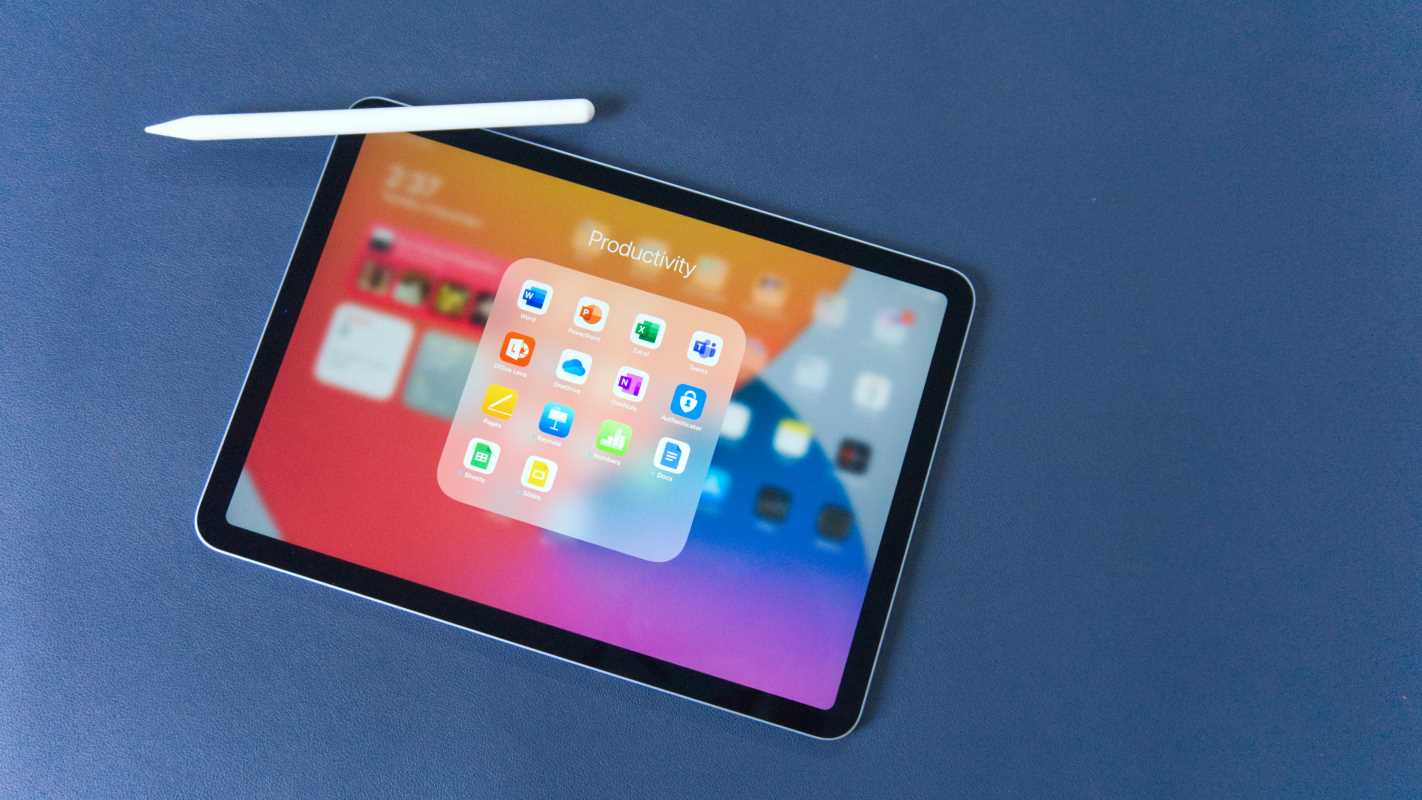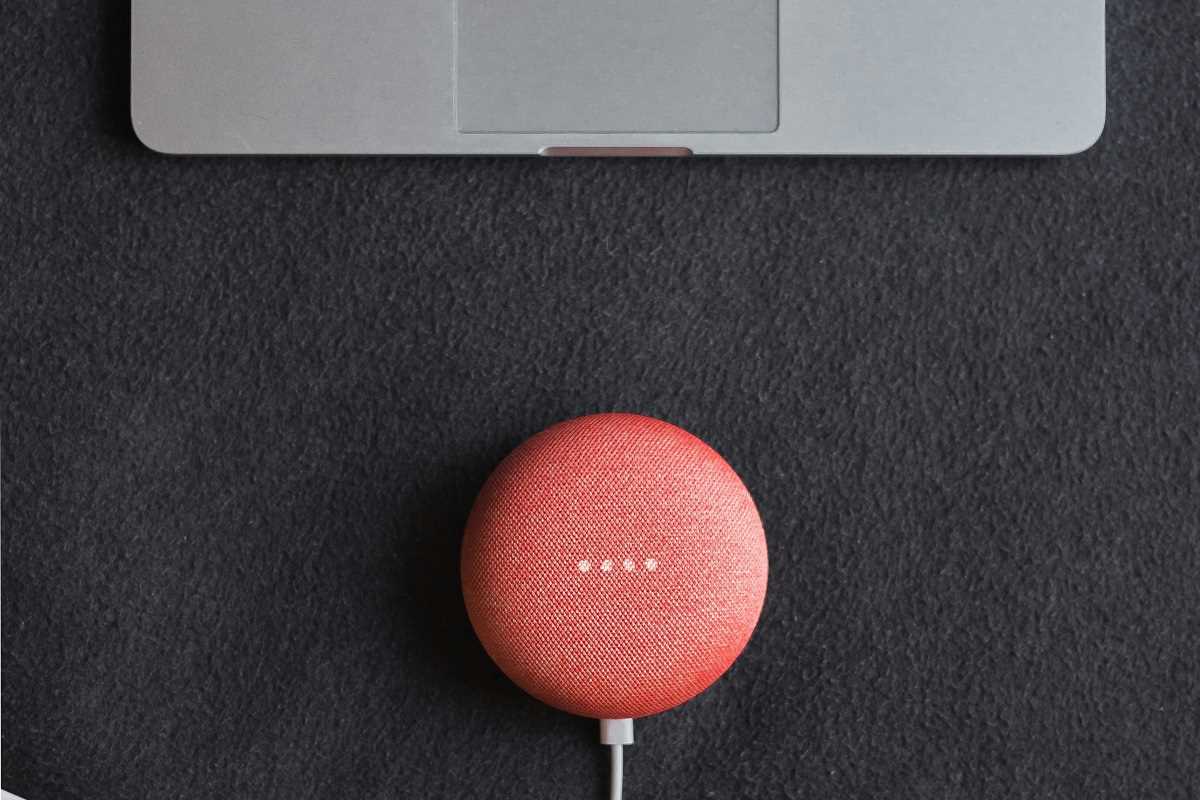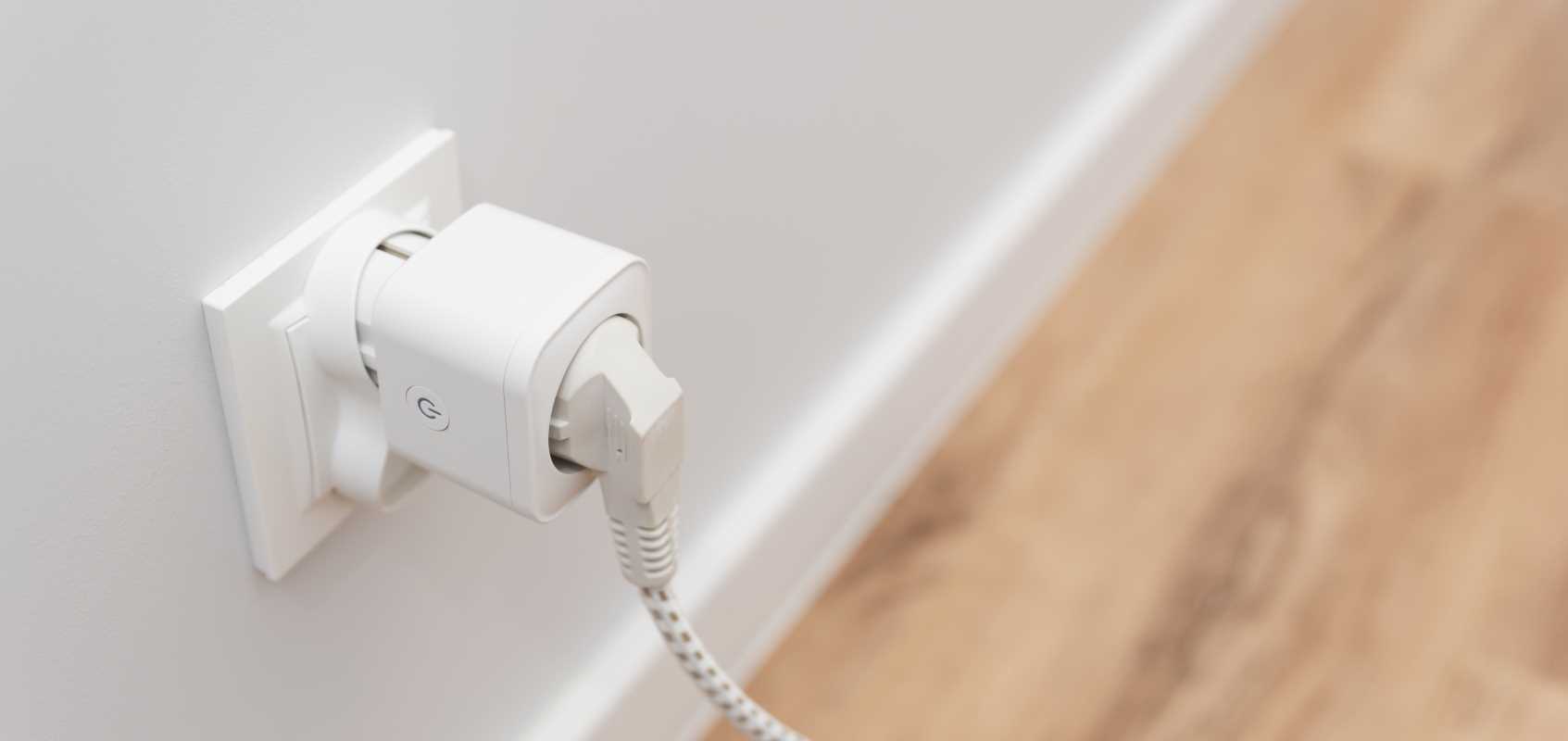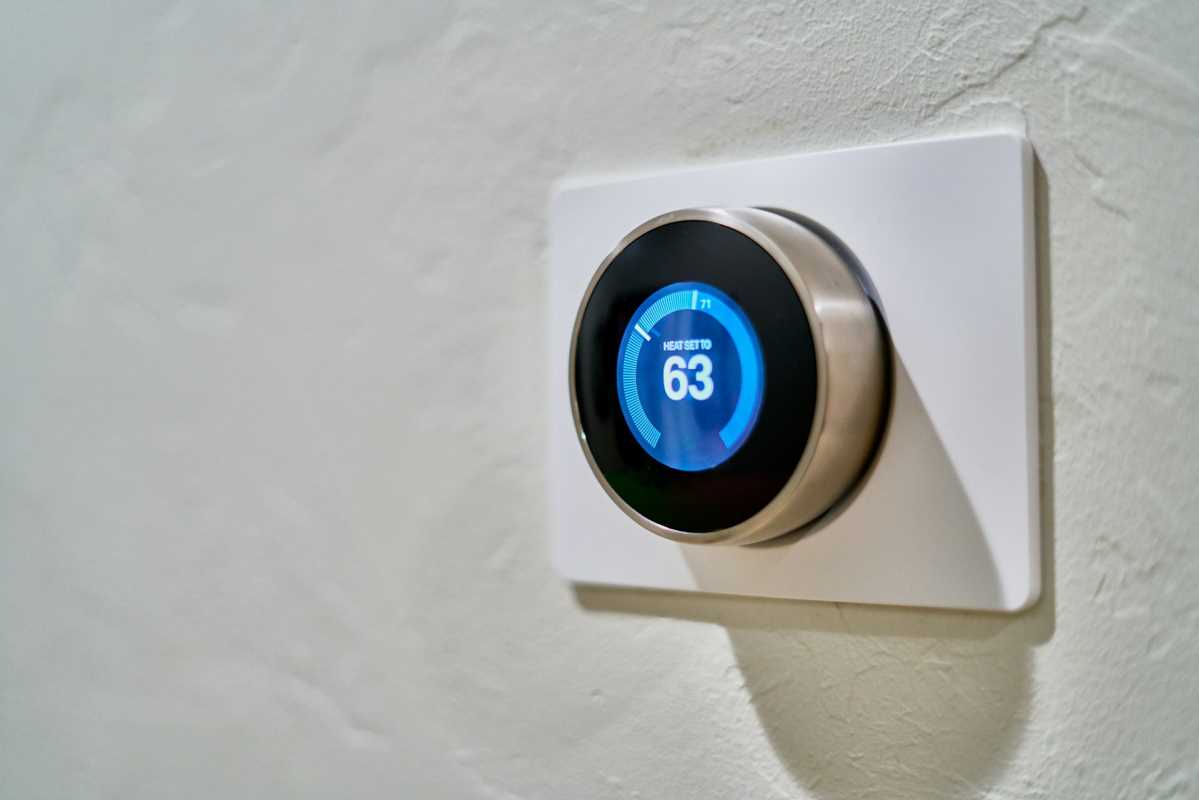Your smartphone holds the potential to be more than a communication device, but it can be a powerful assistant for managing your daily tasks, finances, health, and more. With millions of applications available, finding the ones that truly simplify your life can feel overwhelming. The right set of apps can transform your smartphone into a central command for a more organized, productive, and secure life. By automating routine tasks, providing valuable insights, and keeping you on track, these digital tools free up your most valuable resource: your time.
We've done the research for you to highlight the best apps designed to make your everyday routines smoother and more organized. You will discover tools that boost productivity, manage your budget, support your wellness goals, and streamline household chores. Let's explore the applications that can help you reclaim your time and energy.
Productivity and Organization
Productivity apps help you manage your time, organize your thoughts, and stay on top of your commitments. They are designed to bring order to the chaos of daily life.
Note-Taking Apps
A great note-taking app is like a digital brain, capturing everything from fleeting ideas to detailed project plans.
- Notable Example: Evernote
- Standout Features: It syncs across all your devices, allows you to save text, images, and web pages, and offers powerful search capabilities. You can create separate notebooks for different projects or areas of your life.
- Best For: Individuals and teams who need a comprehensive system for capturing and organizing information.
- Pros: Versatile, excellent organization with tags and notebooks.
- Cons: The most powerful features are often behind a subscription.
Calendar and To-Do List Hybrids
Combining your calendar with your task list provides a complete view of your day, ensuring that what you need to do aligns with when you have time to do it.
- Notable Example: Todoist
- Standout Features: Its natural language input lets you schedule tasks quickly (e.g., "Finish report by Friday at 5 pm"). You can set priorities, create recurring tasks, and view your to-do list alongside your calendar events.
- Best For: Anyone who lives by their to-do list and wants a smart, flexible planner.
- Pros: Intuitive interface, excellent cross-platform support.
- Cons: Collaboration features are limited in the free version.
Personal Finance
Managing your money effectively is crucial for peace of mind. Personal finance apps give you the clarity needed to budget, save, and track your spending habits effortlessly.
Budgeting and Expense Trackers
These apps connect to your bank accounts to automatically categorize transactions, showing you exactly where your money goes.
- Notable Example: You Need A Budget (YNAB)
- Standout Features: YNAB uses a proactive "zero-based budgeting" method where you assign every dollar a job. It focuses on changing your financial habits rather than tracking past spending.
- Best For: People serious about getting out of debt and taking control of their finances.
- Pros: Strong educational component, highly effective methodology.
- Cons: Requires a subscription and a hands-on approach.
Investment Apps
Getting started with investing is easier than ever with apps that offer low fees and user-friendly interfaces.
- Notable Example: Acorns
- Standout Features: It automatically invests your spare change by "rounding up" your purchases to the nearest dollar. This micro-investing approach makes it simple to build a portfolio over time without large, intimidating deposits.
- Best For: Beginners who want to start investing with small amounts of money.
- Pros: Effortless to set up, automates the saving and investing process.
- Cons: Management fees can be relatively high for very small account balances.
Health and Wellness
Your well-being is a top priority. These apps encourage healthy habits, from fitness and nutrition to mental clarity, making self-care more accessible.
Habit Trackers
A habit tracker provides the structure and motivation needed to build positive routines and break negative ones.
- Notable Example: Streaks
- Standout Features: With a clean and simple interface, Streaks encourages you to complete a chain of consecutive days for your chosen habits. It integrates with Apple's Health app to automate tracking for things like steps or mindfulness minutes.
- Best For: Those who are motivated by visual progress and maintaining momentum.
- Pros: Highly customizable, beautiful design.
- Cons: Only available on Apple devices.
Meal Planning Apps
Deciding what to eat every day can be a chore. Meal planning apps take the guesswork out of cooking with recipes, grocery lists, and nutritional information.
- Notable Example: Mealime
- Standout Features: Mealime helps you build a personalized meal plan based on your diet, allergies, and preferences. It then generates an organized grocery list that you can take to the store, minimizing food waste.
- Best For: Busy individuals and families who want to eat healthier, home-cooked meals.
- Pros: Reduces decision fatigue, generates efficient shopping lists.
- Cons: Recipe variety may feel limited over time for advanced cooks.
Home and Family
Keep your household running smoothly with apps that help coordinate schedules and share important information with family members.
Shared Calendar Apps
A shared calendar ensures everyone in the family is on the same page, from school events and appointments to social plans.
- Notable Example: Cozi Family Organizer
- Standout Features: Cozi combines a shared calendar, shopping lists, to-do lists, and even a family journal into one central hub. Each family member gets a color-coded view, making it easy to see who is doing what and when.
- Best For: Families juggling multiple schedules.
- Pros: All-in-one organization, accessible from any device.
- Cons: The interface can feel a bit dated compared to newer apps.
Tips for Choosing the Right Apps for You
With so many options, selecting the perfect app requires a little thought. Here are four factors to consider:
- Privacy and Security: Before downloading, read the app’s privacy policy. Understand what data it collects and how that data is used. For financial or password apps, prioritize those with strong encryption and a proven security record.
- Integrations: The best apps often work together. Check if an app can connect with other tools you already use, like your calendar, email, or health tracker. Good integrations create a seamless workflow and save you time.
- Pricing Model: Many apps offer a free version with an optional paid upgrade (freemium), while others require a subscription from the start. Evaluate the free features to see if they meet your needs before committing to a purchase.
- User Experience: An app is only useful if you enjoy using it. Look for a clean interface, intuitive navigation, and responsive performance. Most popular apps have a large user base and plenty of reviews, so see what others are saying.
 (Image via
(Image via




.jpg)
